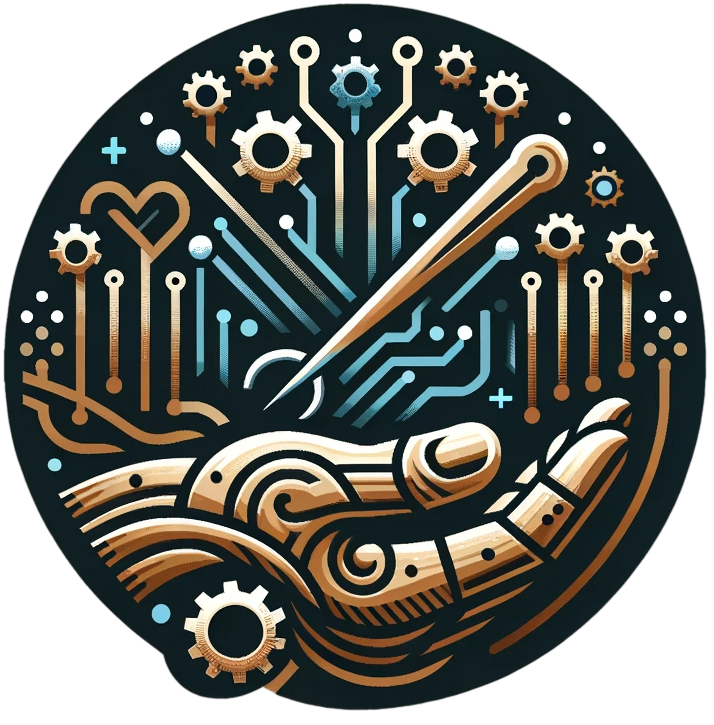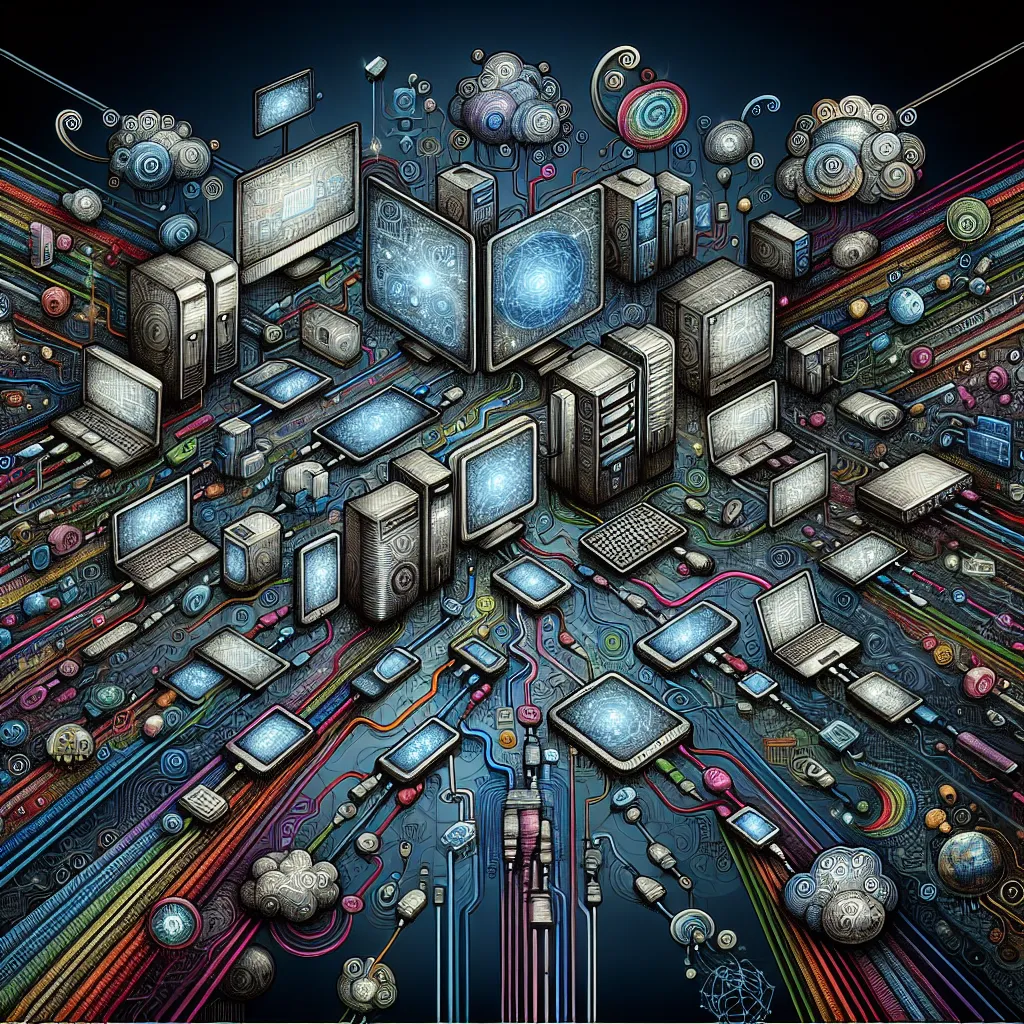Artificial Intelligence and Machine Learning: Revolutionizing Business Operations
Artificial Intelligence (AI) and Machine Learning (ML) have rapidly emerged as game-changers in the business world, revolutionizing the way companies operate and make decisions. These technologies are reshaping business operations by automating processes, predicting customer behavior, and providing valuable insights from data analysis.
One of the key applications of AI and ML in business is in the realm of data analysis. These technologies have the capability to process and analyze vast amounts of data at speeds and levels of complexity that surpass human capabilities. By leveraging AI and ML algorithms, businesses can derive actionable insights from big data, leading to more informed decision-making and strategic planning.
Furthermore, AI and ML are transforming customer interactions and service delivery. Through natural language processing and sentiment analysis, AI-powered chatbots and virtual assistants can provide personalized support to customers, enhancing their overall experience. Additionally, predictive analytics powered by machine learning algorithms enable businesses to anticipate customer needs and behavior, allowing for targeted marketing and improved customer satisfaction.
Another significant impact of AI and ML is the automation of routine tasks and business processes. From manufacturing to supply chain management, and from financial analysis to human resource management, AI and ML technologies are streamlining operations, reducing costs, and increasing efficiency. This automation liberates human resources to focus on more strategic and creative endeavors, driving innovation and overall business growth.
In conclusion, Artificial Intelligence and Machine Learning are undeniably reshaping the future of business operations. Companies that embrace these technologies stand to gain a competitive edge by harnessing the power of data-driven insights, enhancing customer experiences, and optimizing their operational processes.
The Rise of 5G Technology: Transforming Connectivity and Communication
One of the most significant technology trends shaping the future of business is the rise of 5G technology, which is set to transform connectivity and communication on a global scale. 5G, the fifth generation of mobile network technology, promises to deliver faster and more reliable internet connections, lower latency, and the ability to connect a massive number of devices simultaneously. This leap in connectivity is poised to revolutionize various industries, from healthcare and manufacturing to transportation and entertainment.
The impact of 5G on businesses will be profound. With its supercharged speed and responsiveness, 5G will enable seamless remote work capabilities, opening up new opportunities for flexible work arrangements and virtual collaboration. Moreover, industries that rely on real-time data processing, such as autonomous vehicles and smart infrastructure, will greatly benefit from the low latency of 5G networks, leading to advancements in efficiency and safety.
Furthermore, the enhanced connectivity offered by 5G will pave the way for the widespread adoption of Internet of Things (IoT) devices in business operations. These interconnected devices will generate vast amounts of data, providing companies with valuable insights for optimizing processes, predictive maintenance, and delivering personalized customer experiences.
In conclusion, the rise of 5G technology stands as a game-changer for businesses, ushering in an era of unprecedented connectivity and communication capabilities. Embracing and harnessing the power of 5G will be essential for companies looking to stay competitive and innovative in the rapidly evolving digital landscape.
Blockchain and Its Impact on Secure Transactions and Data Integrity
Blockchain technology has emerged as a revolutionary innovation with the potential to reshape the future of secure transactions and data integrity in the business world. By utilizing a decentralized and distributed ledger, blockchain offers a transparent and tamper-proof system for recording transactions and maintaining data integrity.
One of the key impacts of blockchain on business is its ability to enhance security in transactions. Through the use of cryptographic techniques, each block of data is securely linked to the previous one, creating a chain of blocks that cannot be altered without consensus from the network. This ensures that transactions are secure and resistant to fraud or unauthorized changes.
Furthermore, blockchain technology enables a high level of transparency and trust in business operations. With its decentralized nature, all participants in a blockchain network have access to the same information, eliminating the need for intermediaries and increasing the trustworthiness of the data being exchanged.
Moreover, the immutability of blockchain data brings a new level of integrity to business processes. Once recorded, transactions cannot be modified or deleted, providing a clear and reliable audit trail. This has significant implications for industries such as finance, supply chain management, and healthcare, where maintaining the integrity of data is of paramount importance.
In conclusion, blockchain technology is poised to have a transformative impact on secure transactions and data integrity in the future of business. Its ability to enhance security, transparency, and integrity makes it a valuable asset for companies looking to streamline operations and build trust with their stakeholders.
Internet of Things (IoT) and the Evolution of Smart Devices in Business Environments
As technology continues to evolve, the Internet of Things (IoT) is playing an increasingly vital role in shaping the future of business. IoT refers to the interconnection of everyday devices via the internet, enabling them to send and receive data. This transformative technology is revolutionizing business environments by providing valuable insights, streamlining operations, and enhancing overall efficiency.
In the realm of business, IoT is driving the evolution of smart devices, which are becoming integral components of modern workplaces. These devices, such as smart sensors, beacons, and interconnected machinery, are facilitating the automation of processes, predictive maintenance, and real-time monitoring of various operations. This connectivity enables businesses to gather vast amounts of data, leading to actionable insights that can optimize production, improve resource utilization, and enhance decision-making.
Furthermore, the integration of IoT and smart devices is fostering the development of innovative solutions across industries. For example, in manufacturing, IoT-enabled smart devices are enabling predictive maintenance, reducing downtime, and enhancing safety through real-time monitoring. In retail, smart beacons and IoT technology are revolutionizing customer experiences by personalizing interactions and streamlining the shopping journey.
Moreover, with the advancement of artificial intelligence and machine learning, IoT-enabled smart devices are poised to become even more sophisticated, paving the way for autonomous decision-making and further optimization of business processes. This convergence of technologies holds immense potential for creating smarter, more efficient business environments that are capable of adapting to dynamic conditions and delivering enhanced value to both customers and stakeholders.
In conclusion, IoT and the evolution of smart devices are reshaping the landscape of business, driving increased connectivity, automation, and data-driven insights. As businesses continue to embrace these technological advancements, they will be better positioned to unlock new opportunities, drive innovation, and gain a competitive edge in the dynamic global marketplace.




